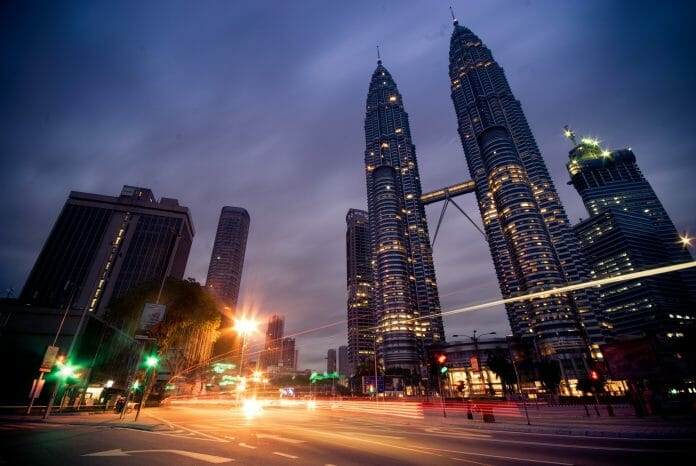A public uproar has been sparked in the country, notably within the Muslim population, over recent scandals involving interfaith initiatives, Muslim visits to non-Muslim places of worship, and using Bahasa Malaysia for advertising. The PH-BN coalition government led by Prime Minister Anwar Ibrahim, including Youth and Sports Minister Hannah Yeoh, must strike a careful balance between addressing the youth economic situation, tackling unemployment, and providing clarity on the reasons behind the choice of language for promoting interfaith programs, all while being sensitive to public sentiment.
Concerns have been articulated concerning the ministry’s motivations for promoting interfaith activities in Bahasa Malaysia. Some have speculated that using the national language may be a cover for an effort to convert Malays to another religion. They wonder why they don’t use English, a more neutral language, to avoid the appearance of discrimination and promote equality.
The PH-BN government must balance dealing with widespread concerns with not accusing the opposition of merely attempting to stoke racial hatred. Top officials of the country must question whether they are sensitive enough to the country’s predominantly Muslim population and prepared to deal with the fallout from flaring religious tensions. What can be done to ensure that interfaith activities and language choices are approached with greater caution and thought?
Hannah Yeoh must address these issues head-on by openly and honestly communicating with the Muslim community, sharing details about the intentions behind interfaith activities, and clarifying why Bahasa Malaysia is used in promotional materials. Yet, it’s unclear whether she can admit to and fix any communication blunders in time to prevent them from fueling widespread dissatisfaction. How can Hannah win back the public’s confidence? How can she win over those on either side of the debate over interfaith efforts?
Others have argued that the Youth and Sports Ministry’s resources would be better spent on programs that bring people of different faiths together rather than on interfaith dialogue. Specifically, they question whether the minister is making sufficient efforts to resolve these concerns with Prime Minister Anwar Ibrahim. How might the young people of our country benefit from her ministry? Is enough money being put towards programs that help young people develop professionally and personally, like training and capacity-building courses, incentives for business creation, and mentorship programs?
The government also needs to think about how it can promote religious and ethnic tolerance and harmony. To do this, it must consider how the coalition administration can best serve the country’s people while being sensitive to their worldviews and practices. Can it enact policies that encourage collaboration and togetherness without undermining the tenets of various faiths?
Ultimately, the PH-BN coalition administration must address concerns about young unemployment, linguistic rights, and religious intolerance. The government can set the stage for a Malaysia that is more welcoming, harmonious, and prosperous by being open to public input, having honest conversations, and placing a premium on the well-being of children from all backgrounds. To succeed on this path toward a better future for all Malaysians, dedication to understanding, flexibility, and empathy are essential.
By Mahathir Hj Mohd Rais, PN Information Chief (Federal Territories)









